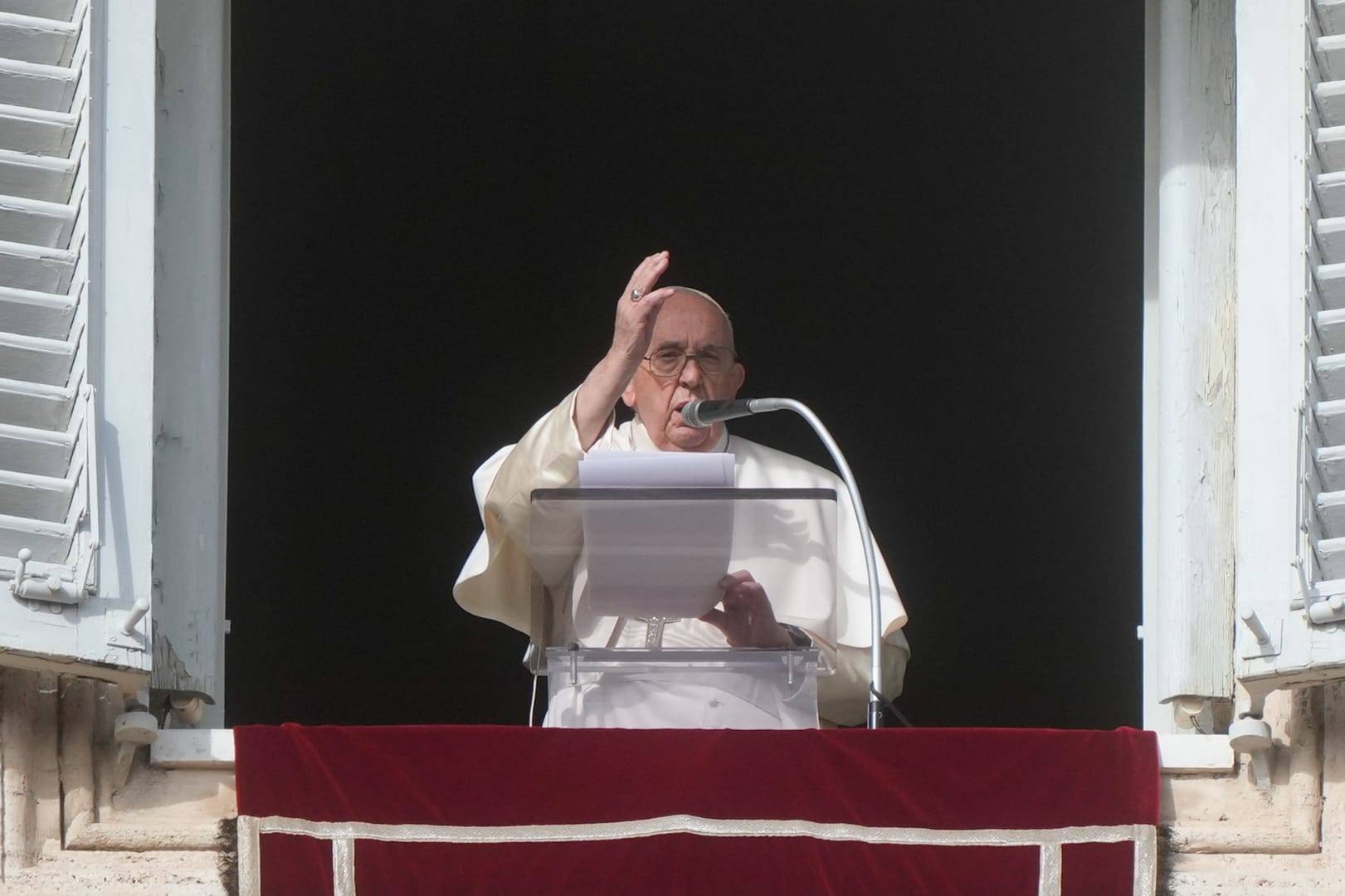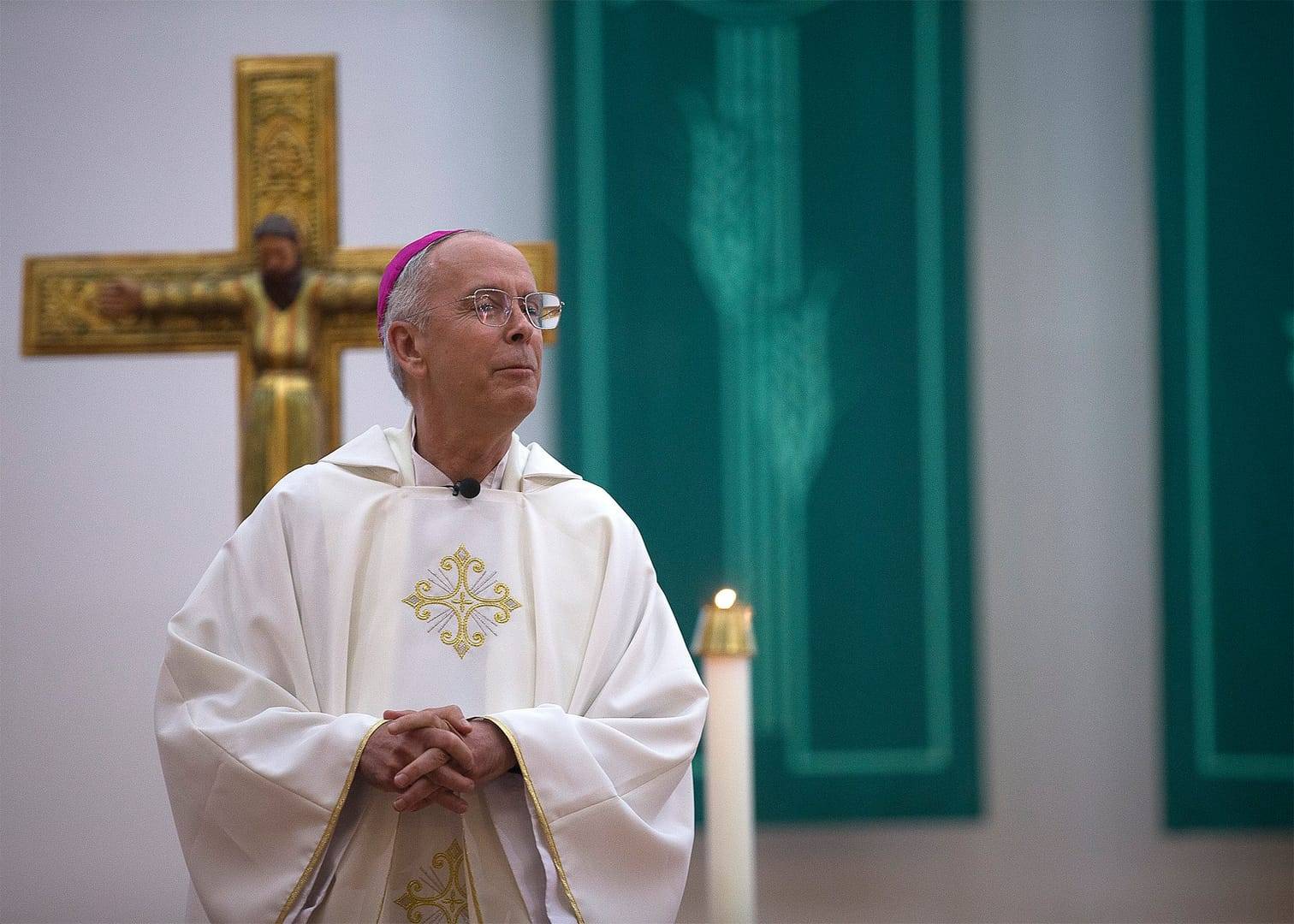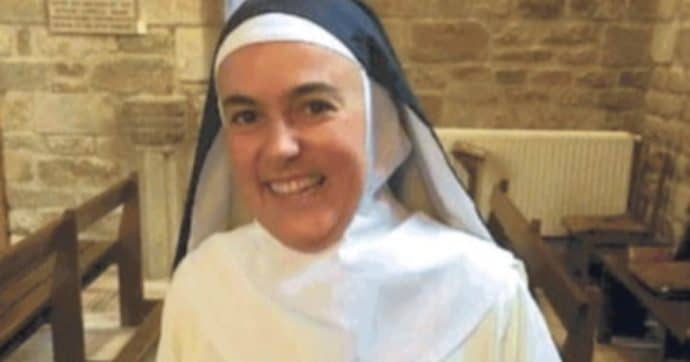MUMBAI, India – Every so often, the story of an entire era in Catholicism, or of a whole movement or a place, can be told through the life story of one remarkable individual. Such is the case with Monsignor Nereus Rodrigues of Mumbai in India, who on Wednesday celebrated a robust 67 years of priestly ordination.
Ordained in 1949, Rodrigues has been serving the people of India’s financial capital since the pontificate of Pius XII and the end of the Second World War.
This past May, Rodrigues stepped down as the rector of the Basilica of Our Lady of Mount Bandra after more than two decades, and also gave up other key administrative roles in the Archdiocese of Bombay (the former name for Mumbai.) However, the 93-year-old continues to be active in various forms of pastoral ministry.
How long has Rodrigues been around?
Well, consider that the current Archbishop of Mumbai, 71-year-old Cardinal Oswald Gracias, once served as his pastoral assistant at Sacred Heart Church, and that the new rector of the basilica, Bishop John Rodrigues, was actually baptized by him.
Despite the small size of India’s Catholic community (small by Indian standards, that is, since although Catholics are only 1.5 percent of the total population, that works out to 20 million people), the Church in this Asian powerhouse has an outsize social impart because of its deep commitment to both education and health care.
Over the decades, Rodrigues has been a pioneer in both areas.
Having earned a graduate degree in education from London University, he later earned a Fulbright scholarship to study at the University of Southern California. Upon returning to India, he was named Principal of St. Andrew’s High School in 1958, quickly earning a reputation as a visionary regarding the role Catholic education could play in India’s pluralistic yet deeply religious society.
In the mid-1960s, Rodrigues became the head of the All India Association of Catholic Schools, where he was one of the pioneers of audio-visual education and multimedia-based education. He also had the rare distinction for a Catholic priest in this Hindu-dominated country of serving as the leader of the secular “Headmasters’ Association.”
For much of the 1960s and 70s, Rodrigues served as the director of Catholic schools for the Archdiocese of Mumbai, helping set the template for church-run education across the country. He’s convinced it’s an area where the Church has made a key contribution.
”Through our schools and colleges, Catholic education is responsible for positively changing and transforming the face of society,” he said.
“Christianity has changed the moral culture of the people in India,” Rodrigues told Crux. “Christian values have played an important part in influencing culture and society, through the charitable works of education and healthcare apostolates across the country, in urban townships, in cities and the remotest rural areas.”
“The Catholic presence has played a vital role in spreading the value system of Jesus and brought about a transformation in the lives of people and society,” Rodrigues said.
The 93-year-old priest said the experience of his own city captures the broader story.
“In Bombay, as it was known in those days, there were many neighborhoods where poorer sections of Catholics lived, and we welcomed their children, who were first-generation learners, into the schools,” Rodrigues said. “They were treated on par with the students from ‘well-to-do’ families — there was no distinction, and all our students were given the same opportunities.”
“These children flourished with both intellectual and religious knowledge, and later could take up jobs and become self-sufficient and empowered,” he said.
Not only did that commitment to equality set an example for the broader society still struggling to get past the burdens of the ancient caste system, Rodrigues said, but it also had a positive effect on the life of the Church.
“It’s a matter of great pride that many vocations flourished,” he said. “Today many of our priests and sisters are serving the Church, both in India and abroad. They are global missionaries, all thanks to Catholic education.”
Rodrigues also played a key role in building the Catholic health care system in India.
In the mid 1970’s, he said, the Medical Mission Sisters were running Holy Family Hospital in Bandra, which they wanted to close down in favor of serving the poor and downtrodden in rural areas. Rodrigues, who was then Episcopal Vicar for the Archdiocese under Cardinal Valerian Gracias, strongly opposed the move.
“It was important to have a Catholic hospital to cater to the growing Catholic community in the suburbs, and to serve the poor and the weaker sections of our people,” he told Crux.
Rodrigues presented a statistical survey on account of which Gracias invited the Congregation of the Ursulines of Mary Immaculate to take over the hospital in 1978. Today, Holy Family Hospital in Bandra is a 260-bed super-specialty facility and a prestigious medical institution in the country, “and continues to serve the most vulnerable and marginalized,” he said.
As a young man, Rodrigues entered the archdiocesan seminary at 16 after making a novena to St. Anthony to discern his vocation. As a seminarian he pursued his graduate degree at St. Xavier college, where he also excelled in sports, winning numerous field hockey tournaments at the intercollegiate level.
After graduating in Arts from St. Xavier’s College and completing his studies at the seminary, he was sent to London, and then directed to continue his studies in Canon Law at the Pontificia Universita Urbaniana in Rome where he earned a doctoral degree summa cum laude.
Rodrigues served as a professor of Cannon Law at the archdiocesan seminary and until recently served as a judge in the Metropolitan tribunal.
Over the course of his life, Rodrigues has personally met many saints. He met St. Padre Pio, whose gloved hands he kissed, and celebrated Mass on the altar at San Giovanni Rotondo with drops of blood from the saint’s stigmata fresh on the table.
There were large crowds, but Padre Pio called for him after being told “that an Asian priest wanted to meet him.”
Rodrigues met St. Mother Teresa of Calcutta when he blessed and opened a house run by the Missionaries of Charity called “Shanti Dham” in Borivali, and he also met St. John Paul II.
Given the make-up of Indian society, Rodrigues inevitably has forged deep relationships with followers of other faiths, especially Hindus, who seek both his advice and his blessings, even visiting him in the confessional.
“I have seen wonderful things happen here and the sincere devotion of Catholics and non-Catholics, and the gratitude of people who have received favors from Mother Mary,” he said. “I would advise all of us to have a close relation with Our Lady, who stands to help us in all circumstances.”
In many ways, Rodrigues was the kind of pastor who “carries the smell of his sheep,” long before Pope Francis started using that vocabulary. His special love for the poor is the stuff of legend, and he developed a program of structured financial assistance for poor families while serving as rector of the Mumbai basilica.
When asked about his remarkable life, however, Rodrigues merely smiles shyly.
“We are unworthy servants; we have only done our duty,” he said, adding that his life’s work has been about “service carried out with love … a service rich in mercy and charity.”

















